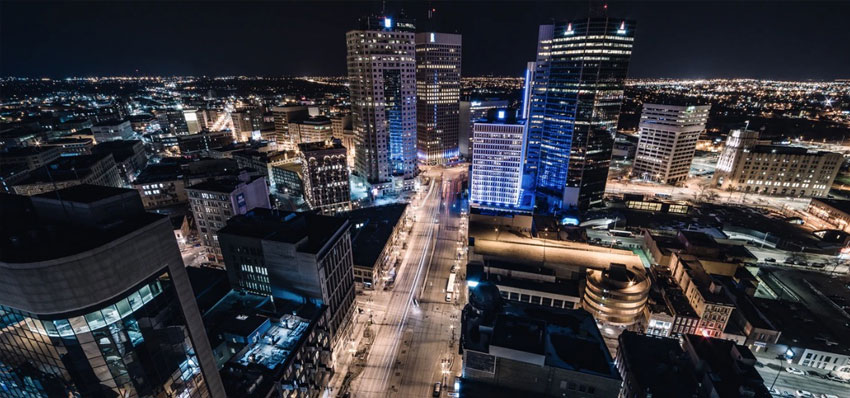
Renting Apartments in Winnipeg, MB: A Guide to Finding Your Ideal Home
Winnipeg, Manitoba is a welcoming Prairie city known for its affordability, cultural diversity, and strong sense of community. As the provincial capital, Winnipeg blends urban convenience with a small-town feel, offering renters a broad selection of housing in neighborhoods that cater to different needs and lifestyles. Whether you’re a student, a newcomer to Canada, or a growing family, Winnipeg’s rental market is one of the most accessible in the country, though demand has been growing steadily in recent years.
Current Rental Market Trends
Winnipeg’s rental market has remained relatively stable compared to other major Canadian cities, but pressures from higher interest rates and a shift away from homeownership are starting to push demand higher. As of early 2025, the average rent for a one-bedroom apartment sits between $1,100 and $1,400, while two-bedroom units typically range from $1,300 to $1,700 per month. Condominiums, often found downtown or in newer developments, tend to rent for $1,300 to $1,800 for a one-bedroom unit, depending on location and amenities. Townhouses and duplexes, especially popular with young families and professionals, typically cost between $1,600 and $2,400. Detached homes range from $1,800 to $3,000, with larger homes in desirable neighborhoods commanding higher prices. A modest but growing number of purpose-built rentals are appearing across the city, adding options with modern finishes and features like in-suite laundry, on-site gyms, and pet-friendly policies.
Popular Neighbourhoods & Rental Costs
Winnipeg’s neighbourhoods are as diverse as its residents, offering something for everyone. The Exchange District and Downtown Winnipeg attract young professionals and students thanks to their historic charm, proximity to universities, and access to public transit. One-bedroom units in these areas generally range from $1,200 to $1,500. Osborne Village, one of the city’s trendiest neighborhoods, is known for its walkability, cafes, and boutiques. Here, one-bedroom rentals typically go for $1,100 to $1,600.
Families and those looking for a quieter pace often turn to suburban neighborhoods such as St. Vital, Transcona, and Charleswood. In these areas, renters can find townhouses and detached homes priced between $1,500 and $2,800, depending on size and proximity to schools and green spaces. More budget-conscious renters may consider neighbourhoods like West End or Elmwood, where one-bedroom apartments often range from $950 to $1,300, providing more affordable options without straying far from the city core.
Types of Rental Housing in Winnipeg
Winnipeg offers a mix of traditional apartment buildings, converted heritage homes, and newer developments. High-rise buildings are mainly concentrated downtown, while mid-rise and low-rise apartments are common throughout the city. In residential neighborhoods, renters will find many options for townhouses, duplexes, and basement suites. Basement suites are especially popular among students and singles looking for privacy at a lower price point. The city is gradually seeing more purpose-built rental housing, designed to offer modern layouts and shared amenities that appeal to a range of demographics, from retirees to working professionals.
Finding & Securing a Rental
While Winnipeg’s rental market remains one of Canada’s more affordable and balanced, competition for well-maintained and ideally located properties is increasing. To stay ahead, renters should start their search early and be ready to act quickly. Landlords typically request references, proof of income, and a credit check, so having this documentation prepared can speed up the process. Though scams are less common than in larger cities, renters should still use caution when responding to online listings and avoid sending money before viewing a unit or signing a lease. It’s also worth asking landlords about move-in incentives, as some may offer flexible lease terms or reduced deposits to attract long-term tenants.